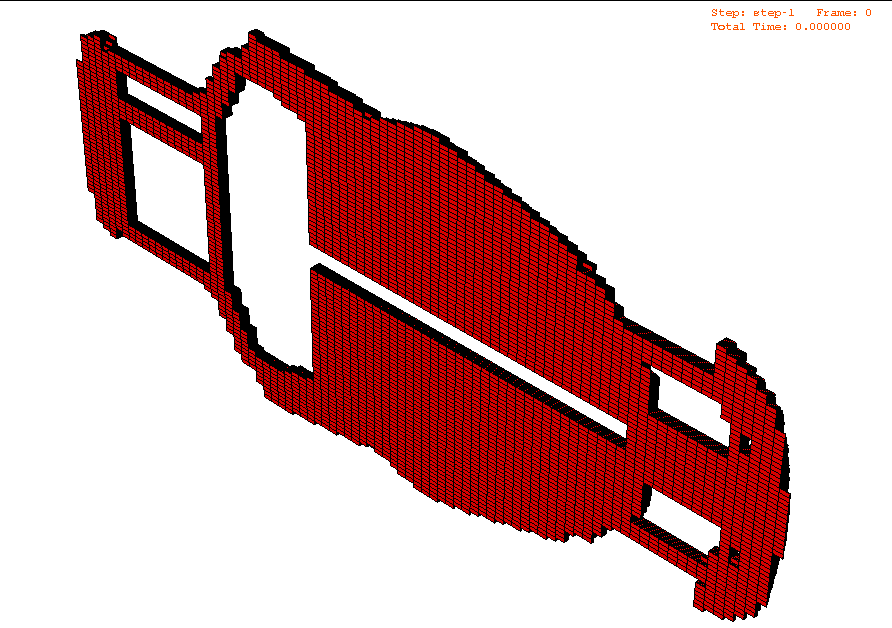Additive Manufacturing (AM) represents a transformational process that is evolving at an exponential rate. While AM promises greater efficiency, those gains are lost through rejected parts and wasted material. GENOA 3DP Simulation can address these problems by allowing engineers to:
Utilize a detailed material model that corresponds to actual test data
Address thermoplastics, thermosets, and powder metal
Incorporate the effects of defects, manufacturing anomalies, and environmental conditions
Consider uncertainty and scatter
Model AM process parameters
Utilize weighting methodologies and sensitivity analysis
Identify material and process parameters that impact the build
Optimize the build to reduce defects
Eliminate fabrication trial and error
Reduce scrap rate, resulting in cost savings
GENOA 3DP Simulation is an additive manufacturing design tool and software suite that simulates the 3D printing process to accurately predict the net shape, residual stress, deformation, damage initiation, and propagation associated with as-built 3D printed parts. Advanced Multi-Scale Progressive Failure (global/local) modeling and analysis methods are used to replicate the entire 3D printing process from the level of Material Characterization to Advanced FE Analysis by either predicting or utilizing manufacturing anomalies, and other irregularities and inefficiencies from micro to macro scales. More significantly, GENOA 3DP Simulation provides the end user with an ability to generate a structural mesh, run analysis and optimize the build in order to reduce weight, reduce scrap rate, improve performance and meet specification.
Supports metal powder and polymer material systems – validated material databases for Metals/Polymers/Ceramics
Predicts mechanical properties with voids and anomalies at room and elevated temperatures
Assesses both material and process parameter sensitivities to be optimized to improve manufacturing process
In-service qualification of printed part, effect of voids and defects on in-service life, strength and durability
Predicts manufacturing anomalies (e.g. residual stress, warpage, heat affected zone, delamination, etc.)
Visualizes/Assesses printer path quality and highlights problematic bald spots, 2D/3D voids visualization
Creep diffusion model to predict local anomalies, voids and local surface roughness
Predict transient temperature & material phase / states – zeroth order model for thermal analysis (ZOM)
Predict damage/failure type, location and percentage of contribution of each failure type to fracture
Reduces scrap rate of materials in additive manufacturing, trial and error in manufacturing process
Characterizes AM materials in coordination with an ICME framework
Integrates 3D printing process simulation with assessment of properties, design evaluation and structural analysis
Provides improvements for process parameters and robust design optimization in order to minimize defects
Addresses manufacturing constraints to minimize processing defects to improve performance
Validates developed/enhanced models for AS-IS performance of 3DP parts


Download the latest case study.
Download the latest datasheets.

2601 Main Street #660 Irvine, CA 92614
(562) 961 - 7827
info@alphastarcorp.com
@2022 - 2023 AlphaSTAR. All rights reserved. Trademarks used herein are trademark or registered tradmarks of AlphaSTAR. All other names and brands are registered trademarks of their respective companies.
